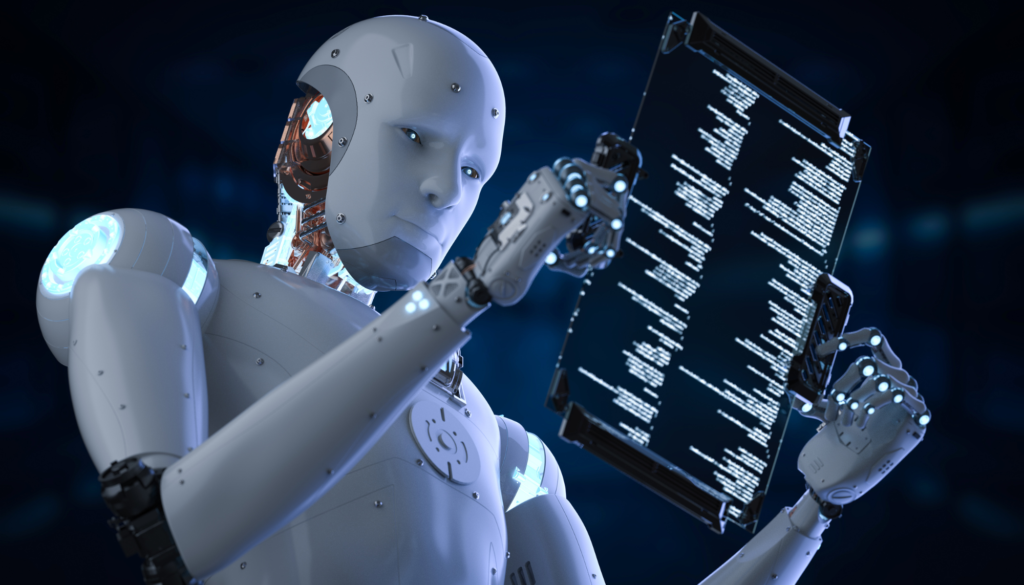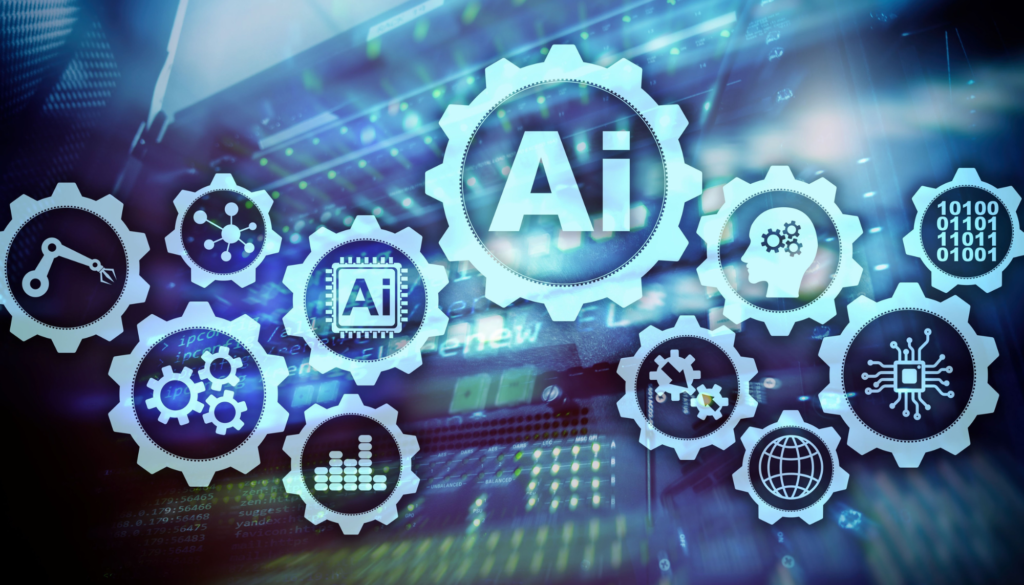
Introduction
The world has completely changed in last few decades. In today’s fast-moving world, we often feel like we are juggling too many things at once. We want to be productive, hit our goals, and stay ahead. On the other side, constant pressure can easily lead to stress and burnout. This is what many experts call the productivity-stress paradox: the more we try to do, the more overwhelmed we feel. There are so many things to do in such a less time and it results in stress and anxiety.
In the modern world, technology has a role in every aspect of our life. It could help us work smarter, not harder. This is where Personalized AI steps in. It is not just as a productivity tool, but as a digital assistant that understands you. Unlike standard apps, personalized AI tools learn from your behaviour, emotions, and habits to support both your focus and mental well-being.
There are many but one such tool making waves is AdaptAI. It does not just schedule tasks, but it senses when you are stressed, suggests breaks, and offers calming techniques like breathing exercises or gentle reminders to stay balanced. It is like having a thoughtful assistant who knows when to push and when to pause. It makes life much easier.
In this blog, you will discover how tools like AdaptAI are changing the way we work and live. You will learn how AI can help you stay productive without feeling burnt-out and how to make it part of your daily routine for a healthier, more focused life.
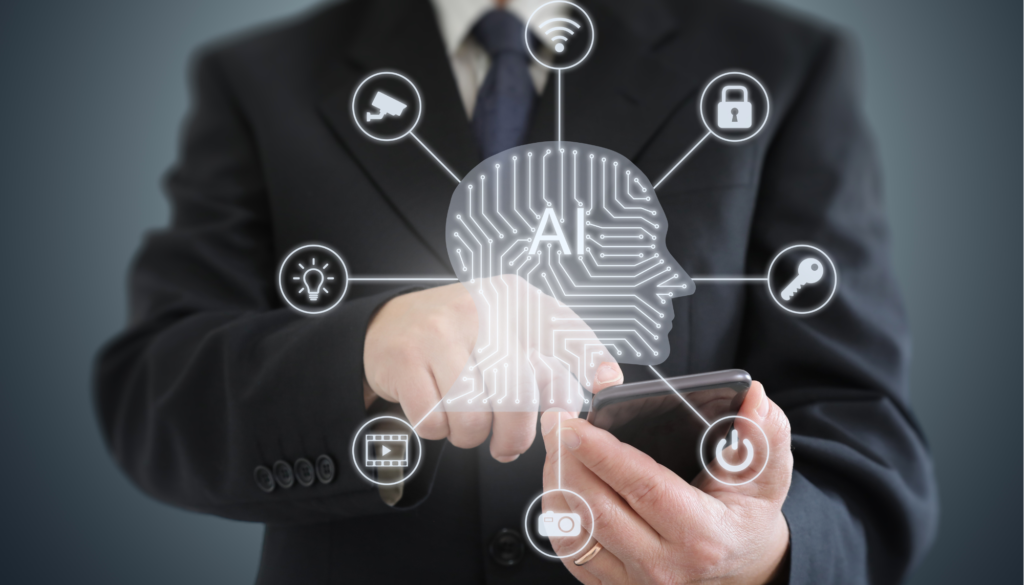
What Is Personalized AI for Productivity?
In the modern world life is much more complicated than earlier. Everyone of us is surrounded by a jargon of multi-tasking. Our focus keeps shifting frequently. Here we need a support system, which could streamline our multiple tasks. Personalized AI for productivity is like having a smart digital assistant that truly understands you. Unlike regular productivity apps that simply help you make to-do lists or set reminders. Personalized AI goes a step further. It learns from your habits, moods, and working style. It uses smart technology to observe how you work, how long you stay focused, when you take breaks, and even how your body is reacting to stress (like changes in heart rate or screen time patterns). Based on this real-time data, it offers tailored suggestions, such as taking a short break, doing a breathing exercise, or switching tasks to avoid burnout. It is like you are monitoring your activities from outside. Further analysing this data, someone better than you gives you some useful suggestions.
Earlier apps were capable of performing some specific tasks, there was no emotional touch. What makes it different from traditional apps is the personal touch. Standard apps follow rules you set, but personalized AI adjusts with you. It is flexible and can respond in the moment, making sure your productivity plan works not just for your tasks, but also for your energy and mental health.
Here’s a quick comparison:
| Feature | Traditional Apps | Personalized AI Tools |
| Task Reminders | Yes | Yes |
| Real-time Behavior Analysis | No | Yes |
| Stress & Emotion Monitoring | No | Yes |
| Personalized Suggestions | No | Yes |
| One-size-fits-all | Yes | No |
So, personalized AI is not just about getting more done, it is about getting things done in a way that feels right for you.
Introducing AdaptAI
Imagine having a personal assistant who not only helps you manage your work but also looks out for your mental well-being. That is exactly what AdaptAI is designed to do. It is a smart, AI-powered productivity tool that goes beyond organizing your to-do list. AdaptAI learns how you work, when you feel tired or overwhelmed, and what helps you stay focused, it all in real time.
Let us know how it works. AdaptAI uses advanced behaviour tracking to monitor your work patterns. It notices when you are highly focused and when your attention starts to drop. It also includes mood sensing through your device’s webcam and microphone (with your permission), picking up on changes in facial expressions or voice tone that might indicate stress or fatigue. Based on this, it gently sends reminders to take breaks, stretch, or even try a quick breathing exercise. The goal is to keep you productive and mentally balanced throughout the day. Isn’t it look nice?
We can understand it better with an example. Sarah, a freelance graphic designer, used to work for hours without breaks, often feeling exhausted and anxious by evening. After installing AdaptAI, she began getting reminders to pause every 90 minutes and was guided to take 2-minute mindfulness breaks. Over time, Sarah found she could finish more work in less time and felt less drained at the end of the day.
AdaptAI should not be taken as another task manager. It is like a thoughtful companion that watches out for your well-being while helping you stay on track. Whether you are a student, freelancer, or someone working from home, tools like AdaptAI can make a big difference in how you feel and perform each day.
How AI Boosts Performance
Personalized AI tools are transforming how we work by enhancing focus and reducing stress. But how effective are they? Let’s look at some data.
A study by McKinsey & Company revealed that organizations embracing AI technologies have seen a 20–35% increase in productivity within just one year. This boost is attributed to AI’s ability to automate routine tasks and provide real-time insights, allowing employees to concentrate on more meaningful work.Psico Smart
In the healthcare sector, Deloitte reports that AI solutions can help reduce staff burnout by streamlining administrative tasks and improving workflow efficiency. By handling repetitive duties, AI allows healthcare professionals to focus more on patient care, leading to increased job satisfaction and reduced stress levels.Deloitte United States
One of the key features of personalized AI tools is the implementation of micro-interventions. Small, timely prompts like reminders to take a short break, stretch, or practice deep breathing are some techniques, which enhance performance. These interventions may seem minor, but they play a significant role in maintaining long-term focus and preventing burnout. Regularly incorporating these brief pauses helps reset the mind, leading to sustained productivity throughout the day.
To visualize the impact of AI tools on productivity and stress levels, consider the following bar graph:
This graph illustrates a 30% increase in productivity and a 22% reduction in stress levels after implementing AI tools, highlighting their effectiveness in enhancing workplace performance.
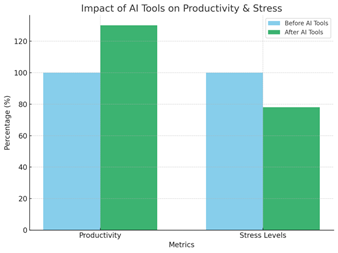
In summary, integrating personalized AI tools into daily routines can lead to significant improvements in focus and a decrease in burnout. By automating mundane tasks and providing timely micro-interventions, AI empowers individuals to work smarter and maintain better mental well-being.
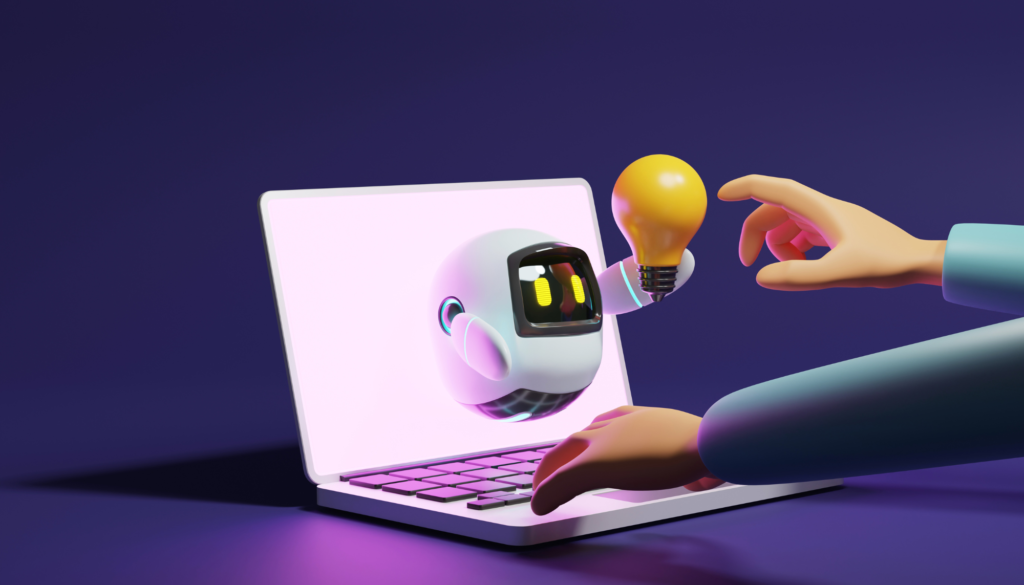
Stress Management Through AI
In today’s fast-paced world, stress can sneak up on us without warning. But thanks to the rise of personalized AI, managing stress is no longer just a wellness trend—it is becoming a reliable, science-backed support system.
AI tools today are surprisingly good at picking up on signs of stress. They can analyse your posture (like if you are slouching or restless), detect changes in your voice tone (such as speaking faster or with tension), and even read facial expressions to understand your mood. Some systems also track how you interact with your screen—frequent tab-switching or typing errors can be signs of mental fatigue.
Once the AI detects these signals, it offers smart interventions right when you need them. When you feel overwhelmed, AI might suggest a short meditation session to clear your mind. It could guide you through a 60-second breathing exercise to help slow your heart rate and reset. Or maybe it plays gentle nature sounds or calm focus music in the background to ease your stress without interrupting your work.
These little actions, called micro-interventions, may seem small. In fact they can have a powerful effect over time. The beauty of AI is that it steps in at the right moment, helping you pause before stress builds up too much.
Other emerging AI tools like AdaptAI
Personalized AI tools are changing how we manage our time, focus, and mental well-being. While AdaptAI is a standout for stress management and productivity, several other smart tools are gaining attention for their unique features and benefits.
- Mindsera acts like your personal mental coach. It uses AI to guide reflective journaling and mindset improvement—perfect for emotional clarity and growth.
- Reclaim.ai helps you find balance by automatically scheduling breaks, tasks, and routines based on your goals. It is great for maintaining work-life harmony.
- Motion is an AI calendar assistant that plans your day in real time, adjusting your schedule when priorities shift.
Each of these tools brings something special to the table. Whether you are trying to focus better, manage your time, or protect your mental energy, there is a solution designed just for you.
| Feature Comparison Table: | |||
| Tool | Core Feature | AI Benefit | Best For |
| AdaptAI | Stress detection + interventions | Reduces burnout, boosts focus | Overall productivity & calm |
| Mindsera | Reflective journaling | Mental clarity and mindset coaching | Emotional well-being |
| Reclaim.ai | Auto-scheduling | Balanced routines and time protection | Work-life balance |
| Motion | Real-time calendar optimization | Dynamic daily planning and task sorting | Task and time management |
These tools prove that with the right technique, productivity does not have to feel overwhelming but it can feel personal, smart, and balanced.

Pros & Cons of using AI assistance
AI tools designed to help with focus and stress management are growing in popularity. They offer some exciting benefits but also have a few drawbacks worth considering before you jump in.
Starting with the advantages, one of the biggest is customization. Unlike traditional apps that work the same for everyone, personalized AI learns about your unique habits and rhythms. It notices when you are most productive or when you might need a break, adjusting recommendations in real time. This helps you build a daily routine that fits you—not a generic plan. Another plus is real-time feedback. Instead of waiting for the end of the day to realize you’ve been stressed or distracted, the AI can gently remind you to pause, breathe, or refocus right when it matters. This kind of timely nudge can make a huge difference in avoiding burnout. Plus, AI can reduce decision fatigue by handling the small choices about when to rest or switch tasks, freeing your brain to focus on more important work.
On the flip side, there are some limitations. The biggest concern is privacy. These AI tools collect data about your behavior, voice, and sometimes even facial expressions, which may feel intrusive to some users. It is important to check what data is collected and how it is used. Another issue is data dependency—if the AI does not get enough good data or misreads your signals, its advice might be less helpful or even frustrating.

How to Get Started – A Simple Guide
If you are curious about using personalized AI like AdaptAI to improve your focus and reduce stress, the good news is, it is easy to begin. Here is a simple step-by-step guide to get you started on the right track.
Step 1: Download and install the AdaptAI app on your device.
Step 2: Create your profile by answering a few quick questions about your lifestyle, work habits, and stress triggers.
Step 3: Set clear goals—whether it is better focus during work hours, lower anxiety, or improved sleep. This helps the AI tailor its suggestions just for you.
Step 4: Let the app run in the background as you go through your day. It will quietly track patterns and send helpful nudges when needed.
Step 5: Respond to the suggestions! Whether it is a breathing break or a focus reminder, taking small actions adds up.
To get the most out of AdaptAI, follow a few best practices.
- Start with clear goal setting—know what you want to improve.
- Don’t ignore notifications. These gentle reminders are based on your behavior and can help you catch stress early.
- Combine AI with analog habits like journaling, walking, or stretching. Tech can guide you, but natural routines ground you.
Starting small and staying consistent is the key. Over time, you will likely notice better focus, reduced stress, and a smoother rhythm to your day.
Conclusion
In today’s fast-moving world, AI is not just about getting more done, it is also about feeling better while doing it. Tools like AdaptAI and others are not just productivity hacks; they are designed to help you stay calm, focused, and in control of your time and energy. Whether it is guiding your schedule, reminding you to breathe, or playing calming sounds, AI is stepping up as a quiet partner in your wellness journey.
If you are curious, why not try AdaptAI for just one week? Set a simple goal, follow the prompts, and notice how small changes, like timely breathing breaks or smart scheduling can shift your entire day.
Remember, you do not have to choose between ambition and well-being. You can pursue your goals without burning out. Let AI handle the background noise while you focus on what truly matters. Sometimes, the smartest move is simply slowing down, staying present, and letting technology support, not control, your life.

